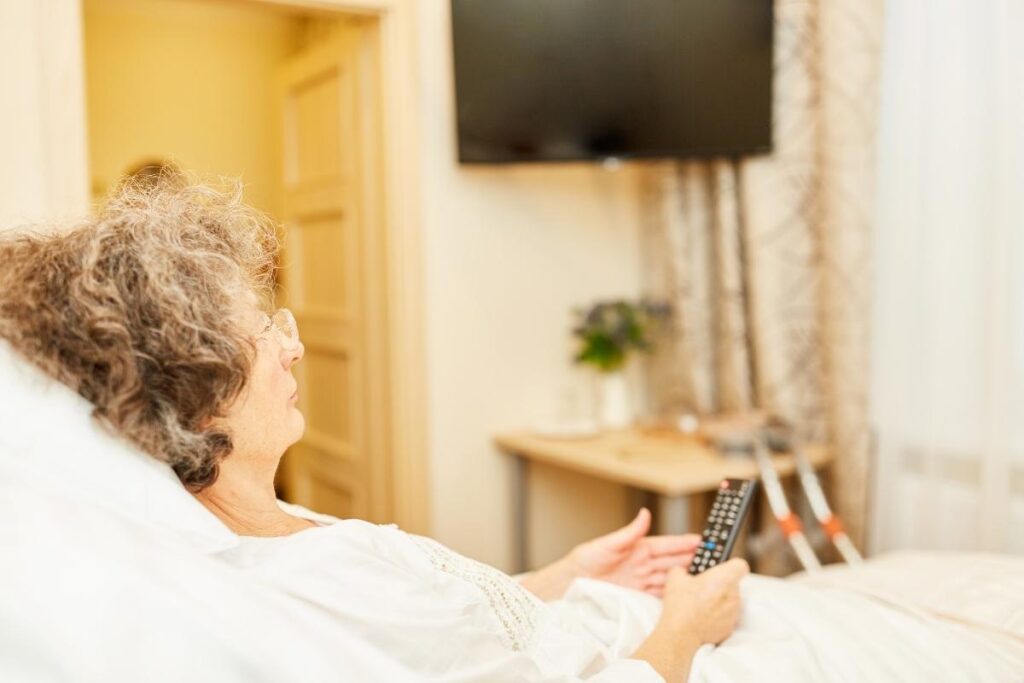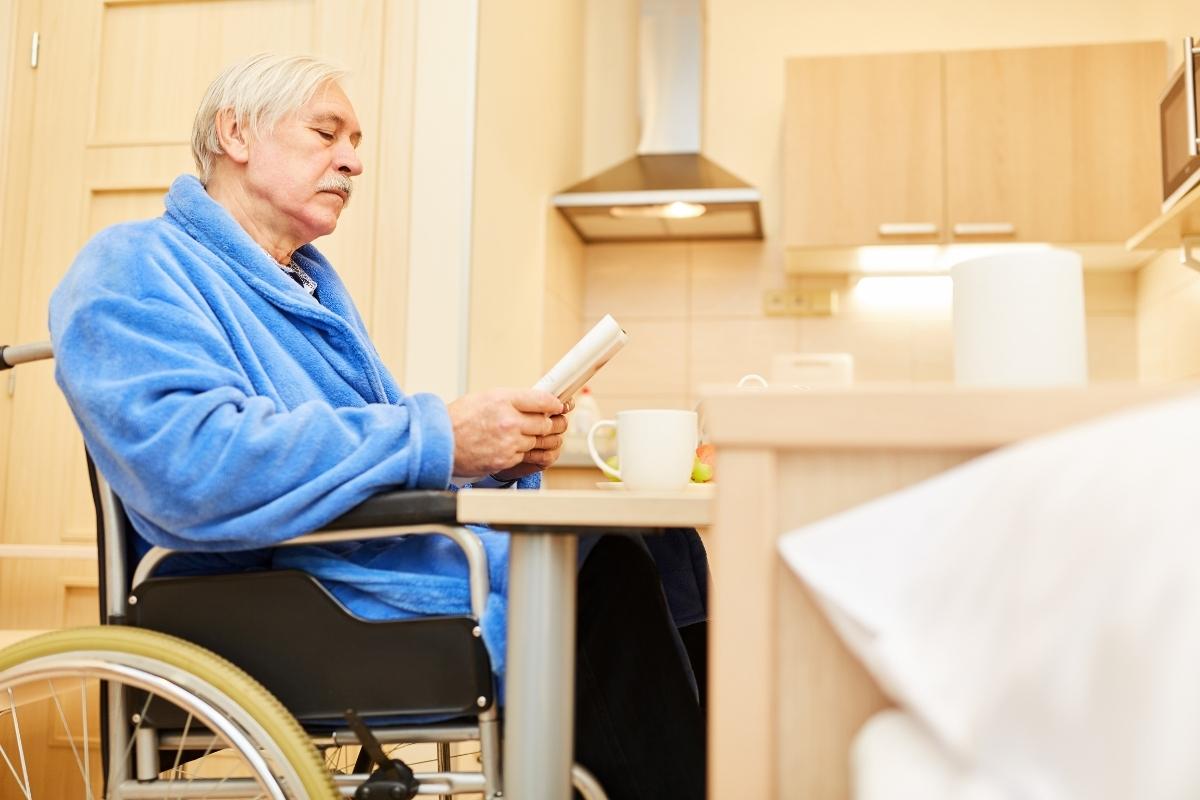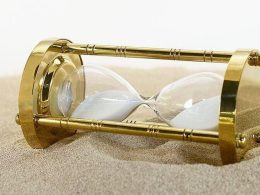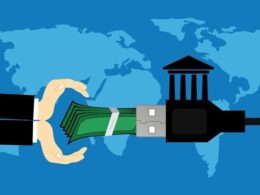A reverse mortgage can be a good solution when you own the rights to some property, but lack funds for current expenses. This is because this financial product is usually addressed to single elderly people who are ready to “rewrite” the apartment to the bank in exchange for constant transfers.
Reverse mortgage – what is it?
A reverse mortgage, as we have already partially written about in the introduction, is a solution that will ensure a constant flow of a certain amount of funds to our bank account. In order to be able to talk about a mortgage at all, you must own an apartment, house or other real estate, which a financial institution will be interested in taking over.
This is because a reverse mortgage is based on the fact that they enter into an agreement with the bank – a lifetime agreement – the bank agrees to pay a certain amount of money to our bank account every month, and in return, after our death, the property that is the subject of the agreement will pass to the bank.
Reverse mortgage vs. mortgage
Although both a reverse mortgage and a mortgage have the word mortgage in their names, they are completely different products. This is because a mortgage is taken out for the purchase of some property, and it is the borrower’s responsibility to pay the obligation. In the case of a reverse mortgage, it is necessary to own some real estate, which will also be the subject of the contract, but it will be on the bank – in exchange for the apartment or house – to pay us the funds.
When is it a good idea to opt for a reverse mortgage?
Reverse mortgages are aimed at elderly people who do not have family to whom they can leave their property after their death, while they are short of money for their current living expenses. The target group is usually seniors, but there is usually no lower age limit.
If seniors want to spend the autumn of their lives “with dignity” or meet certain needs, but lack the means to do so, a reverse mortgage can be an interesting and safe solution. After all, by entering into an agreement with the bank, he gains the certainty that every month he will note an agreed amount of money in his account.
Reverse mortgage. How much can be received?
The amount of monthly regular income depends on several factors. It can range from a few hundred zlotys to several thousand. The amount is affected primarily by the value of the property, but also by the age of the senior citizen. As is not hard to guess, the older the person and the more valuable the property, the higher the monthly transfer will be.

However, it is important to note that no financial institution that has a reverse mortgage on offer will provide financing at 100 percent of the current market valuation of the property, as we describe below.
Reverse mortgage and the value of an apartment or house
The market valuation of an apartment, as well as our expectations of the amount we expect to receive in a reverse mortgage, may differ significantly from what commercial banks and financial institutions will offer us. It should be noted at this point that the valuation of the property in question is carried out by the bank, and it is the bank that decides how much it can contract for.
Usually – which often scares seniors away from a reverse mortgage – you can count on 50 to 70 percent of the value of the property. This is due to the fact that banks pretty much limit the risk of possible price fluctuations in the market and thus try to protect themselves strongly against a possible loss or even smaller profits. Note that a reverse mortgage is an obligation incumbent on the bank until the death of the owner of the apartment or house, which definitely increases the institution’s risk.
If you have an apartment worth 500 thousand zlotys, the real value of the contract may be in the range of 250-350 thousand zlotys. At a time when real estate prices continue to rise, such a valuation can be quite surprising for those considering taking advantage of a reverse mortgage.
Reverse mortgage and creditworthiness
Many people who want to take advantage of a reverse mortgage wonder whether it is necessary to have creditworthiness. The answer is clear. No, it is not necessary to have creditworthiness for a reverse mortgage. Nor does the bank take into account your history or BIK score, although in practice the latter factors can affect the real value of the deal.
The main reason why there is no need for creditworthiness is that the collateral for the contract is precisely the real estate, or more precisely its acquisition by the bank after the owner’s death. Before concluding the contract, banks will only verify that we actually own the apartment or house in question and that there is no mortgage already on it.
Reverse mortgage. What does the contract look like?
The contract for a reverse mortgage should include, among other things, the amount of the loan, the date and method of disbursement of funds, all costs associated with the loan, the method of payment of costs, the obligations of each party. It is also necessary to provide the bank’s customer (property owner) with an information form seven days before the conclusion of the contract.
Once the contract is signed by the parties, the bank is required to inform all heirs that the property owner will benefit from the reverse mortgage. The reverse mortgage agreement does not have to be concluded in the form of a notarized deed.




